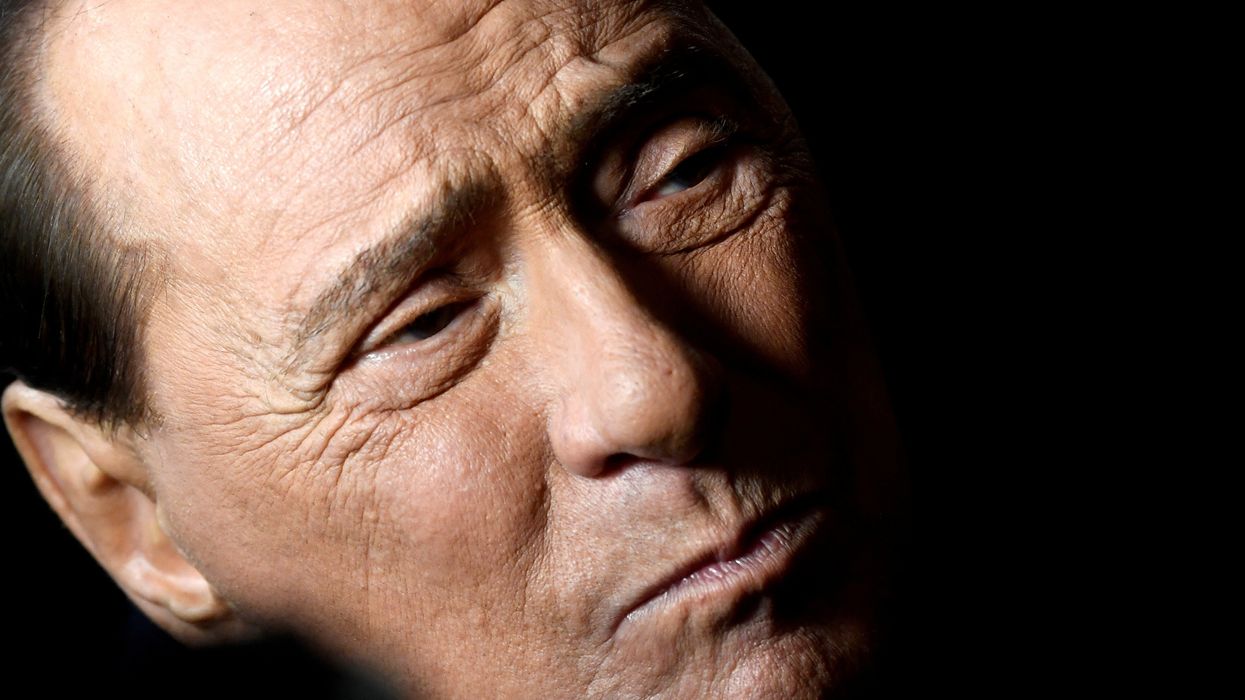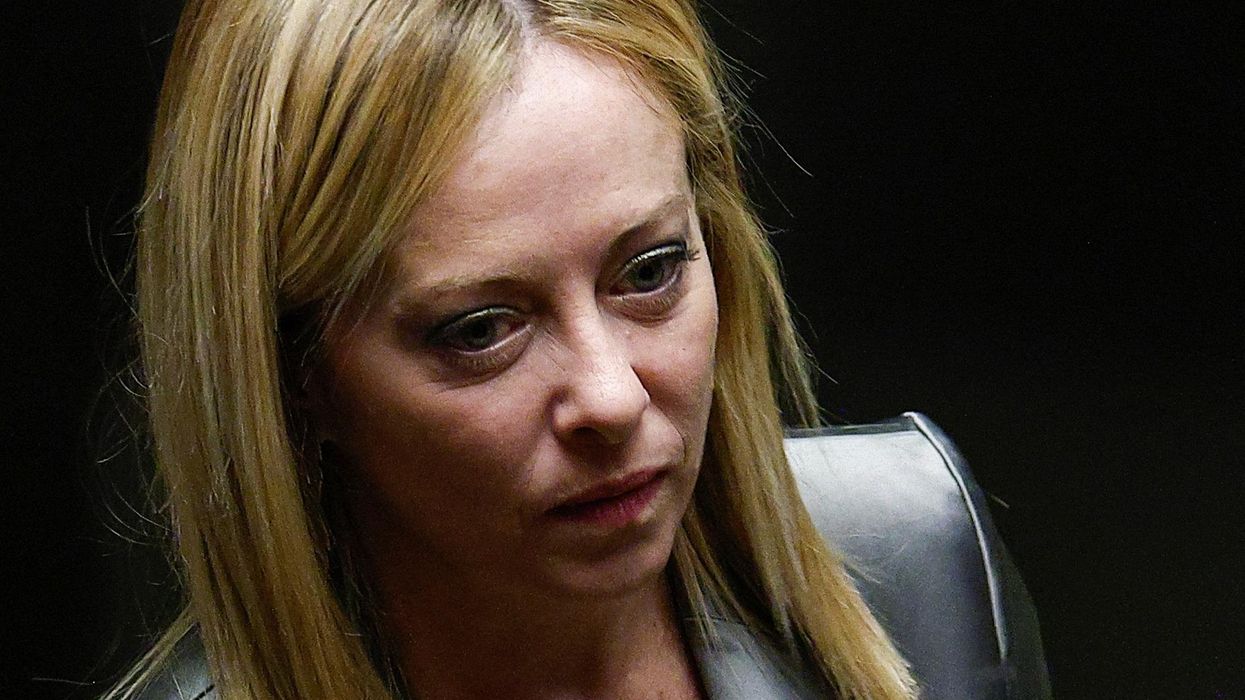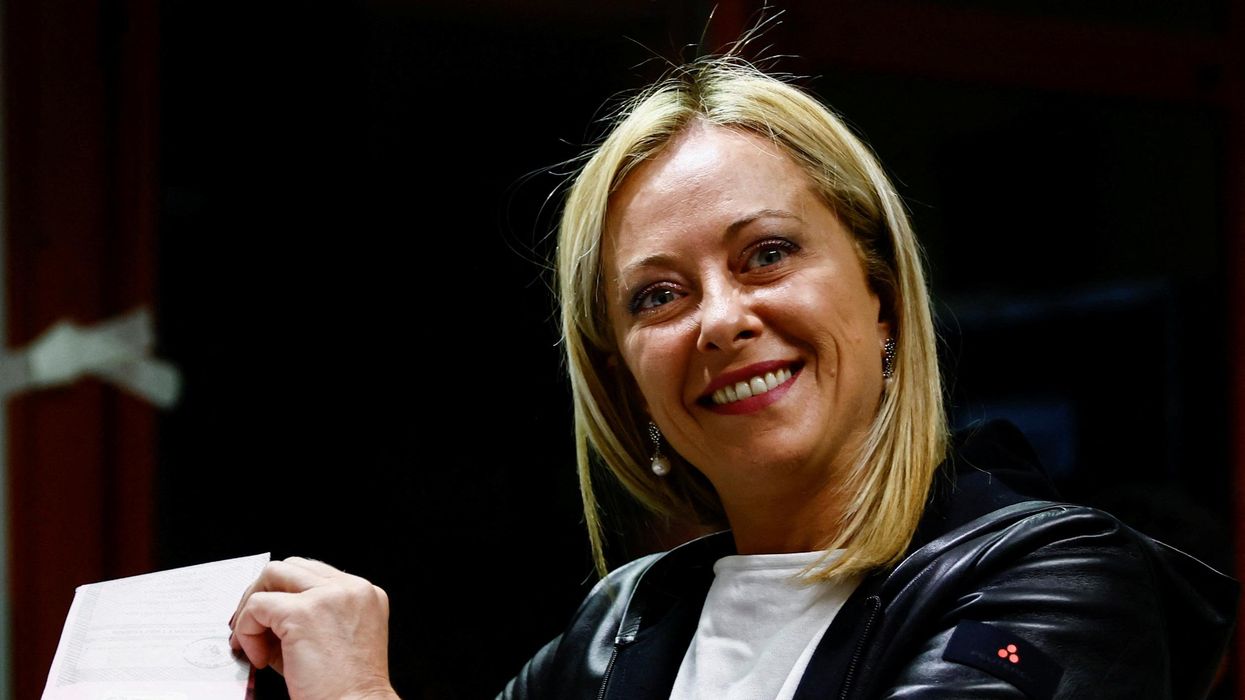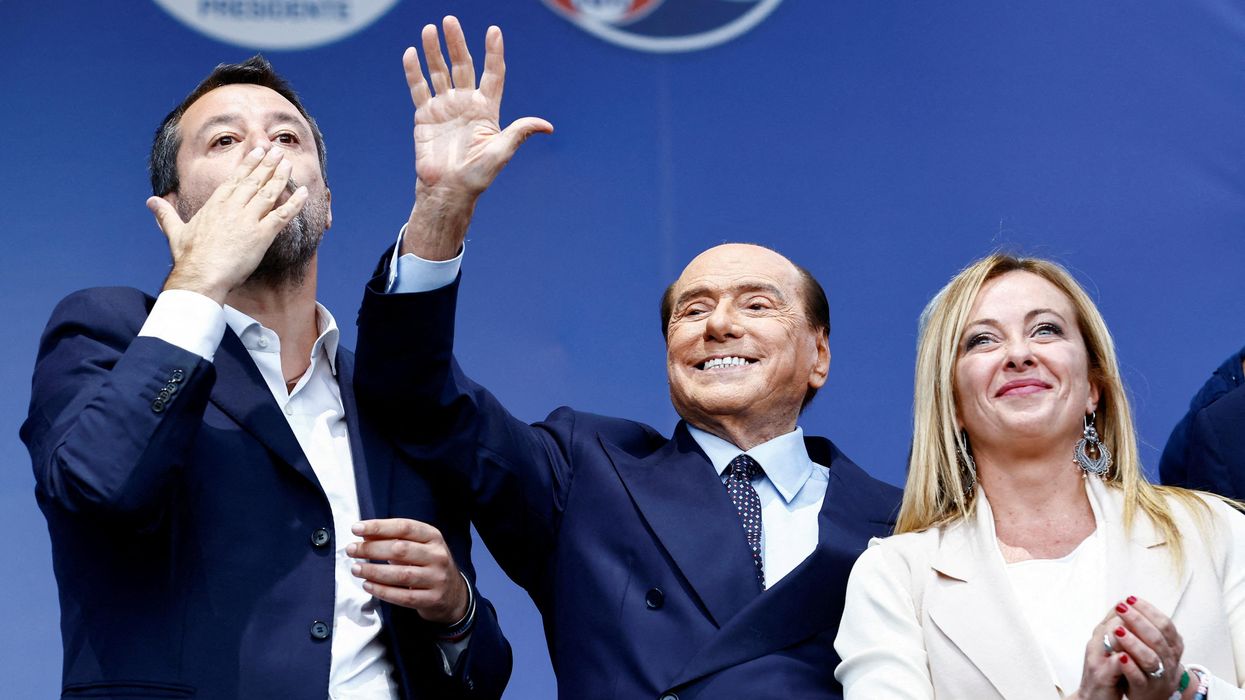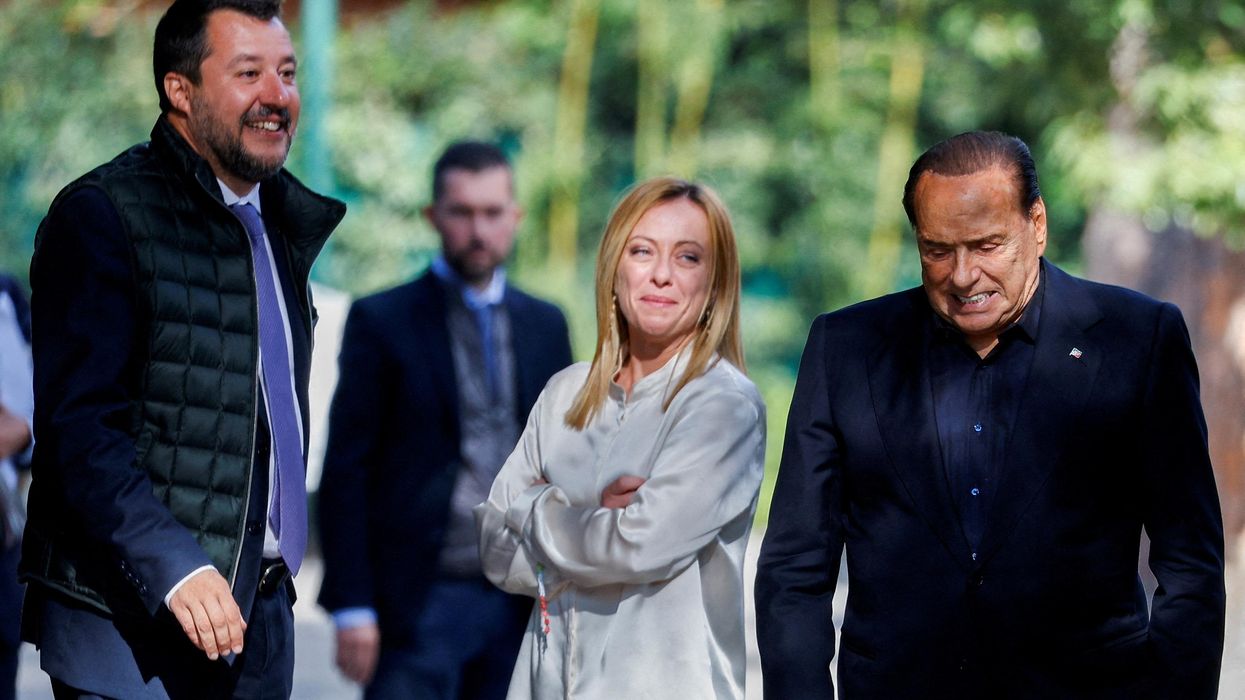GZERO Europe
Boris Johnson remains a dangerous force in UK politics
Is the political career of Boris Johnson over? What's the legacy, political and otherwise, of Silvio Berlusconi? Carl Bildt, co-chair of the European Council on Foreign Relations and former prime minister of Sweden, shares his perspective on European politics.
Jun 15, 2023

